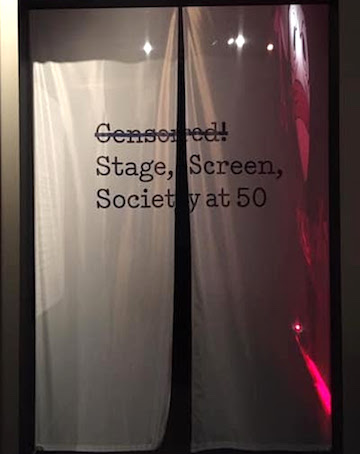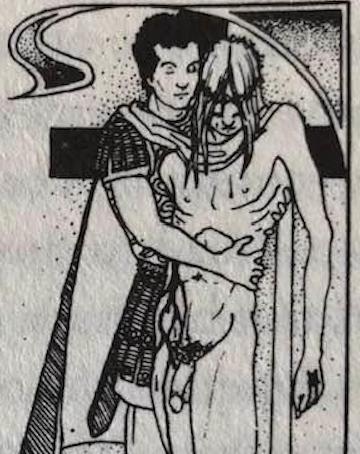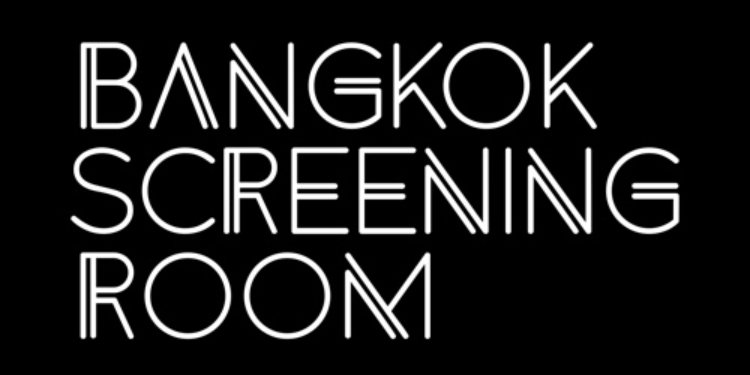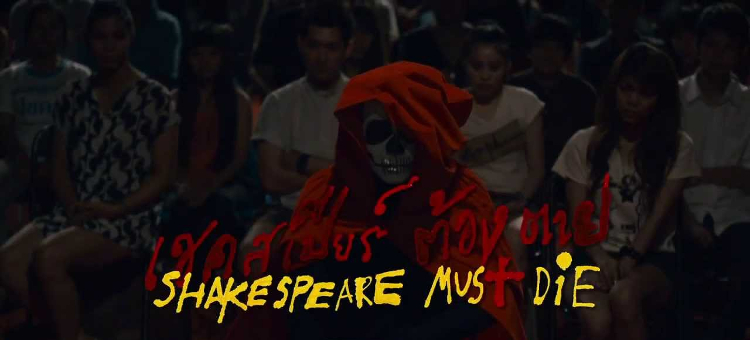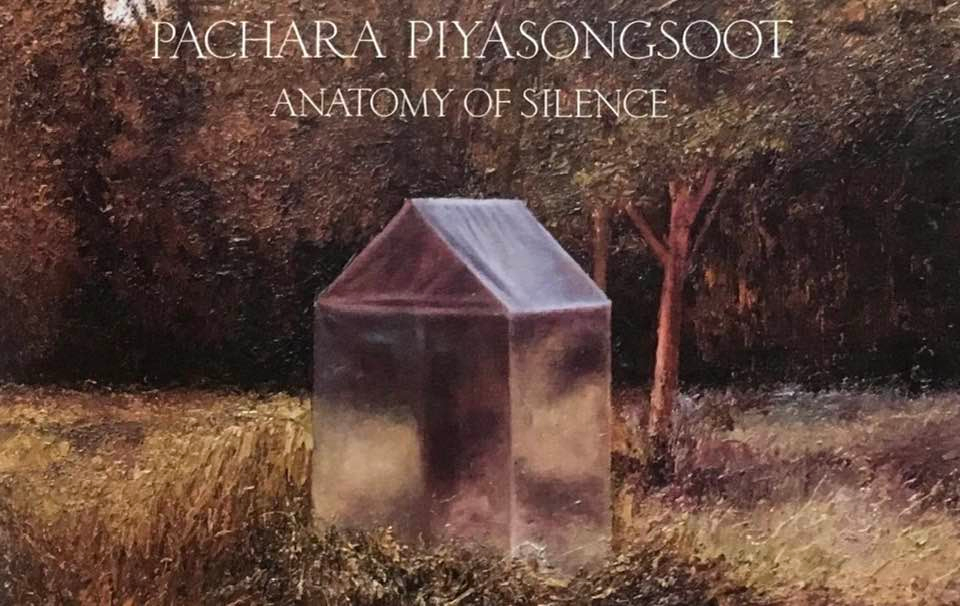Chris Baker (author of an excellent Thaksin Shinawatra biography) analyses the causes of the coup, from short-term PDRC demonstrations ("almost six months of constant protest which created the context for the coup") to long-term social trends and traditional power structures. He also argues that the current junta is more repressive than many previous coups ("this was clearly a military government of a kind not seen in over 40 years"), though he is optimistic about the country's political future: "The present generation of the Bangkok middle class, who grew up against the backdrop of the Cold War and the ninth reign, will be replaced by another which grew up in Bangkok as a globalised city."
Other contributors are more pessimistic. Paul Chambers and Napisa Waitoolkiat (editors of Khaki Capital) believe that the military-dominated status quo will continue: "Perhaps only another 1992 military massacre of civilians will sufficiently taint the image of the armed forces to the extent that civilians cohere against them, monarchical support for the military diminishes, and soldiers return to the barracks. More likely, for the foreseeable future, military officers will continue to play a prominent role in Thailand, guaranteeing the resilience of monarchised military". Similarly, Prajak Kongkirati concludes that the 2014 election (later invalidated) and the ensuing coup "plunged Thailand into a state of uncertainty and (potentially violent) instability, possibly for years to come."
Eugénie Mérieau highlights the Constitutional Court's "effective usurpation of sovereign power". (The Court has disqualified four prime ministers from office: Thaksin Shinawatra, Samak Sundaravej, Somchai Wongsawat, and Yingluck Shinawatra.) Mérieau's argument is persuasive, though she refers to the politicised judiciary as a "Deep State", a term more often used by conspiracy theorists. Likewise, Chris Baker refers to an "Illuminati" of influential anti-democratic figures: again, the thesis is reasonable, though the terminology implies paranoia. Paul Chambers and Napisa Waitoolkiat's term "parallel state" is a less problematic description for the pervasive influence of unelected institutions on Thailand's nascent democracy.

